The U.S. Supreme Court on Tuesday published a transcript of the day's initial oral hearing of the high-stakes patent battle between Apple and Samsung, highlighting the complexities that face justices on how to properly adjudicate the case.
A good chunk of today's arguments centered around "article of manufacture," a key phrase in patent law that dictates how juries mete out damages in cases of infringement.
As in past lower court battles, Samsung argues damages should be assigned based on a part or portion of profits attributable to an infringing part, not profits on total smartphone sales. For example, an infringing design for rounded edges or home button should be applicable only to that specific part or parts.
Apple disagrees, saying damages should not be separated by component in the case of iPhone, as the device's design is integral to its function. District courts have seemingly agreed, though confusing jury instructions might have played a role in large award amounts. Samsung is currently on the hook for $399 million for infringing Apple patents.
Awarding damages on the whole could leave major technology companies more susceptible to patent trolls, Samsung argues.
Presenting an unbiased assessment, Department of Justice lawyer Brian Fletcher proposed a test to determine, through a fact-finder, which article of manufacture is relevant to a given case, and to derive how much of total profits are attributable to said article. Samsung lawyer Kathleen Sullivan presented a similar test to the high court. As noted by Justice Ruth Bader Ginsburg, however, the attribution portion of the test is where problems arise.
As expected, the high court showed little interest in how design patent laws impact the Apple and Samsung case, instead focusing on the more important issue of creating and instating rules to properly adjudicate future litigation.
The Supreme Court is expected to hand in a decision by June 2017.
 Mikey Campbell
Mikey Campbell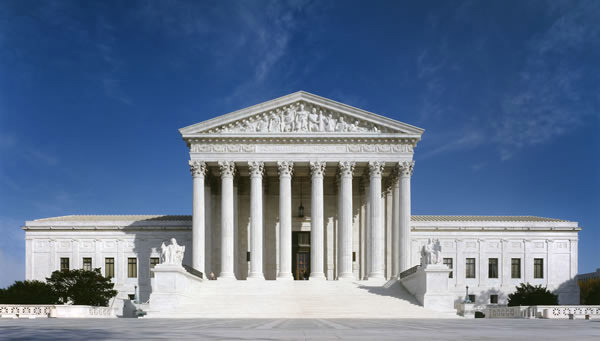




-m.jpg)


-m.jpg)





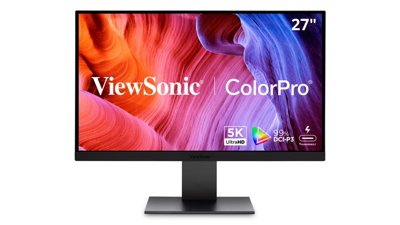
 Andrew Orr
Andrew Orr
 Malcolm Owen
Malcolm Owen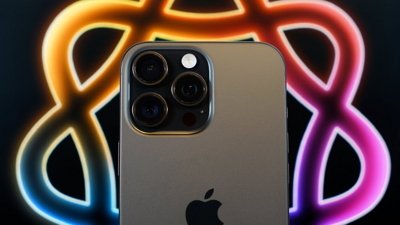
 Marko Zivkovic
Marko Zivkovic
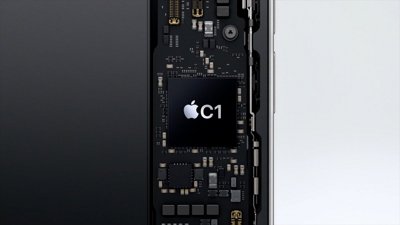
 Andrew O'Hara
Andrew O'Hara
 William Gallagher
William Gallagher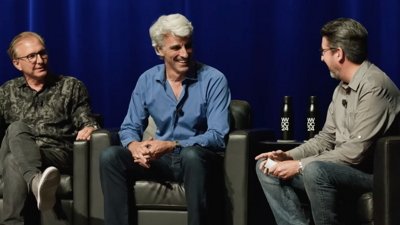
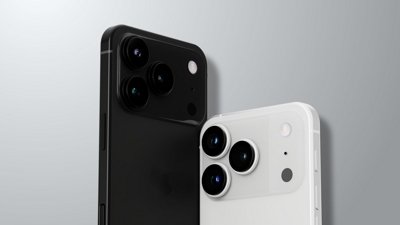








14 Comments
Since the similarity in design was a way for Samsung to implicitly tell customers they're buying a product that's every bit as good as an iPhone, my opinion sides with Apple.
Regardless the outcome of this, they should surely see this case as an example of how "broken" the US justice system is and work towards reforms. Basically as I see it, Samsung blatantly copied the original iPhone (and they admitted as much), and used that to relaunch their smartphone and tablet division and become the biggest android player by far. They played the law system with delays and appeals to the point where, so far down the line now, any decision good or bad is meaningless. The only winners, as usual, are the law firms involved.
This is what makes the court so exciting to watch. Each side in the litigation has their own views on what is basis of the matter. The judges don't just hear the facts and make a decision. They get to ask questions and try to listen for what they feel may be at stake. Sometimes they seem to evade what most of us believe are consequential matters (such as patent law clarity, in this case). Regardless of what you feel about the outcome, jurisprudence is hard and humbling work.
These transcripts show what's wrong with the legal system, at least in the US. Lots of double-talk, misdirection and everything Ms. Sullivan could muster to make it look like the iPhone was a marginal product that really isn't worth much. The justices are having a difficult time understanding how to look at the iPhone, regularly referring to the VW case. I make it even simpler. If it looks like a rose and smells like a rose, then it's a rose. The iPhone is the same as the rose. There are many variations of the rose but they all started from the same rose. Samsung needs to quit trying to get out of paying Apple and declaring that they copied the iPhone (just like Google is doing right now).
My early read on this is they'll let the lower court ruling stand and not rule in favor of any new or novel interpretations of the law.